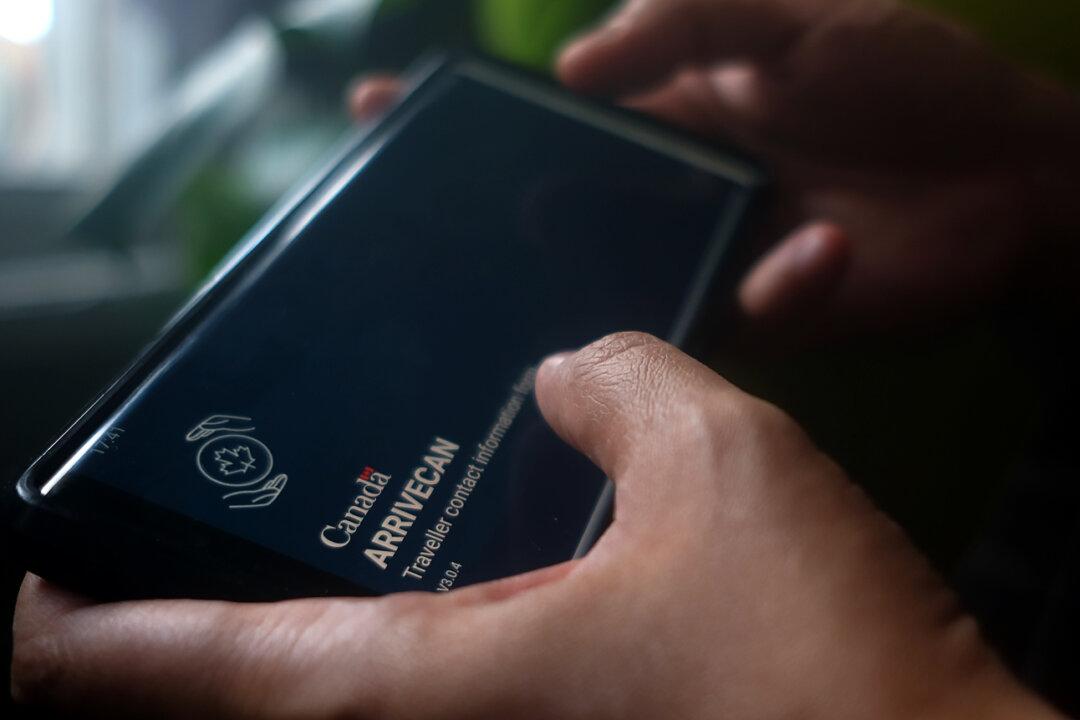During a committee meeting on the ArriveCAN scandal on Nov. 9, an official from Public Services and Procurement Canada (PSPC) confirmed that the agency had forwarded an email from two subcontractors to the Department of Justice, as the two had lied about their work relationship with an IT company co-founder.
Conservative MP Larry Brock revealed during the Standing Committee on Government Operations and Estimates that Botler AI co-founder Rikita Dutt had raised concerns in a May 10 email to Public Services and Procurement Canada Supply Specialist Anita Chan.





